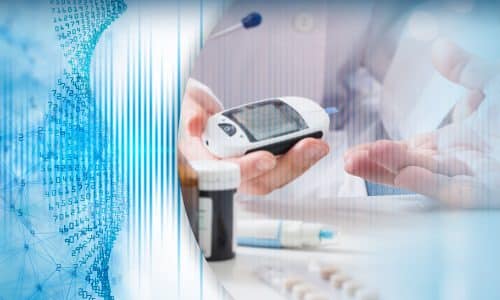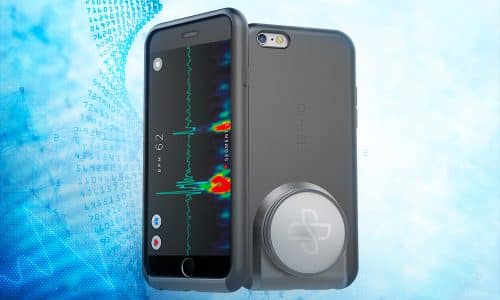A recent study at the 2016 Clinical Congress of the American College of Surgeons confirms the burgeoning theory that wearable health technology, an innovation that has progressively gained traction in medical and consumer arenas, can positively affect healthcare and patients’ wellness. Moreover, researchers have found that data from smartwatches have the capabilities to both detect—and even predict—the onset of disease.
Because a large segment of the population utilizes smartwatches, an enormous amount of data and metrics portray a more comprehensive overview of health, as opposed to a solitary visit to the doctor. Researchers from Stanford University conducted a study during which they gave participants smartwatches, and subsequently analyzed almost a year of the data. Measurements included skin temperature, heart rate, and data collected from sleep.
When analyzing the data, the team found that ‘out-of-the-ordinary measurements’—specifically heart rate—had strong correlations with health issues like the common cold. Additionally, more detailed data was collected from several participants, for two years. Researchers evaluated this data, and chose the four dates during which measurements were out of the ordinary: the heart rate and skin temperature were specifically elevated. During a period when the measurements were abnormal, the participant had developed Lyme disease; during the other periods, he had a fever, or the common cold.
These measurements have strong correlations with inflammation, suggesting that the data was able to pinpoint and pick up on signs of inflammation. Other participants who were ill during the period they used smartwatches demonstrated measurements of elevated heart rate and skin temperatures. Moreover, in a separate experiment, the team found that insulin resistance had a connection to body mass index and heart rate—the latter of which was measured by a smartwatch.
The simplicity behind wearing a fitness wristband, and any wearable health technology, can more easily help surgeons detect which patients are at risk for complications. Evidence-based studies have demonstrated that the integration of wireless technology strongly correlates with ‘postoperative quality-of-life data,’ and reinforces research that surgeons should consistently track their patients’ results and quality of life.
These findings reaffirm the belief that surgeons have the capability to routinely measure patient-centered results–including anxiety, postoperative pain, and the ease with which patients can perform daily tasks and activities. While surgeons do not regularly practice this type of aftercare, and follow up on patients’ recovery, this monitoring system establishes an exciting and inventive kind of versatility, portability, and ultimate healthcare awareness that should be incorporated and put into practice.
The idea that smartwatches can predict and detect disease could become a widespread phenomenon, which would ultimately become an accessible and convenient tool for diagnosis. Wearables may have the potential to eliminate doctor visits, particularly for people who have geographical or monetary difficulties.



